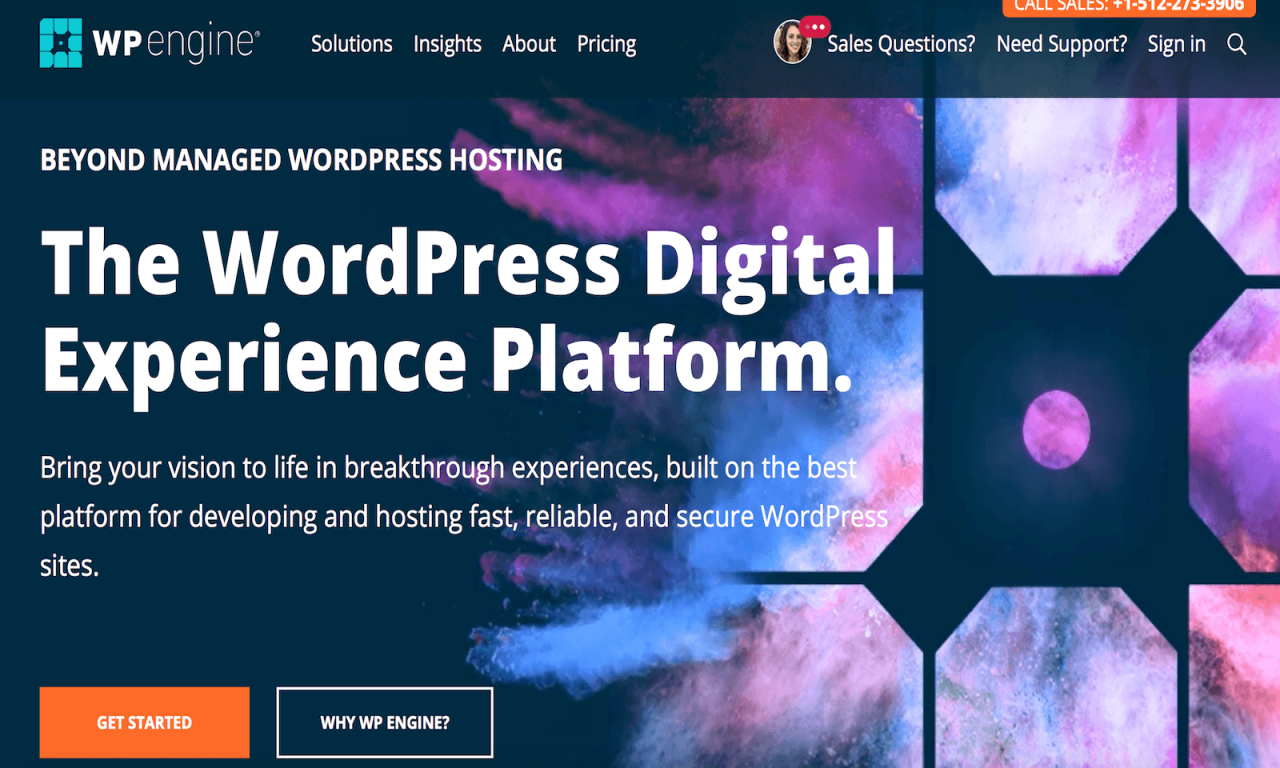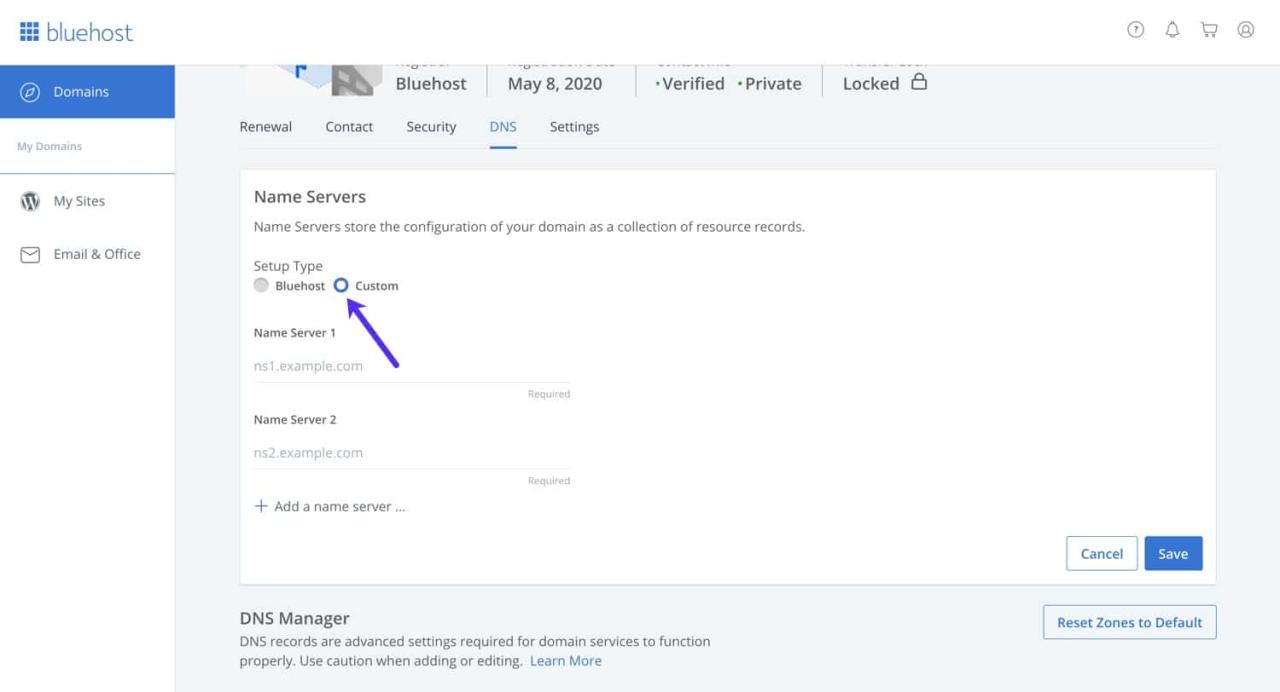Managed dedicated server hosting offers a powerful solution for businesses seeking enhanced performance, security, and control over their online infrastructure. This type of hosting provides a dedicated physical server exclusively for your website or application, ensuring maximum resources and dedicated support. Unlike shared hosting where resources are shared with other users, a managed dedicated server grants you complete control over your server environment, allowing for customized configurations and optimization tailored to your specific needs.
With managed dedicated server hosting, you benefit from the expertise of a hosting provider who handles all the technical aspects of managing your server, including hardware maintenance, software updates, security patching, and network optimization. This frees you to focus on your core business operations, knowing that your server is in capable hands.
Choosing the Right Managed Dedicated Server Provider

Selecting the right managed dedicated server provider is crucial for ensuring your website or application’s performance, security, and overall success. A well-chosen provider can significantly impact your online presence and business outcomes.
Reliability and Uptime
Reliability and uptime are paramount for any website or application. Downtime can lead to lost revenue, customer frustration, and damage to your brand reputation. When evaluating a managed dedicated server provider, consider the following:
- Service Level Agreements (SLAs): SLAs Artikel the provider’s commitment to uptime and performance. Look for providers offering high uptime guarantees (typically 99.9% or higher) and clearly defined penalties for downtime.
- Network Infrastructure: A robust network infrastructure with redundant connections and multiple data centers helps ensure uninterrupted service. Inquire about the provider’s network redundancy measures and data center locations.
- Monitoring and Maintenance: Proactive monitoring and regular maintenance are essential for preventing downtime. Ask about the provider’s monitoring tools, maintenance procedures, and response times to incidents.
Technical Support and Expertise, Managed dedicated server hosting
Having access to reliable and knowledgeable technical support is crucial for resolving issues quickly and efficiently. Consider the following aspects:
- Availability and Response Time: Look for providers offering 24/7 support with quick response times. Inquire about their average response times and support channels (e.g., phone, email, live chat).
- Expertise and Skills: Ensure the provider has a team of experienced engineers with expertise in server management, security, and your specific operating system and applications. Ask about their certifications and experience with your technology stack.
- Proactive Support: Some providers offer proactive support services, such as performance optimization, security patching, and regular backups. These services can help prevent issues and ensure your server remains secure and efficient.
Data Center Location and Security
The physical location of the data center can impact performance, latency, and security. Consider the following:
- Location and Proximity: A data center closer to your target audience can reduce latency and improve website performance. However, also consider factors like disaster recovery and data sovereignty regulations.
- Security Measures: Look for data centers with robust security measures, including physical access control, surveillance systems, and fire suppression systems. Inquire about their security certifications and compliance with industry standards (e.g., SOC 2, ISO 27001).
- Environmental Controls: Data centers should have reliable power supplies, cooling systems, and environmental controls to protect servers from damage and ensure optimal performance.
Pricing and Service Level Agreements (SLAs)
Pricing and service level agreements (SLAs) are essential considerations when choosing a managed dedicated server provider.
- Pricing Transparency: Ensure the provider’s pricing is transparent and clearly Artikels all fees, including setup costs, monthly fees, and any additional charges for services like backups or monitoring.
- Value for Money: Compare pricing across different providers and consider the value they offer in terms of features, performance, and support. Look for providers offering a balance of price and value.
- SLAs and Guarantees: As mentioned earlier, SLAs Artikel the provider’s commitment to uptime and performance. Ensure the SLAs are clearly defined and include penalties for downtime or service disruptions.
Cost Considerations
Managed dedicated server hosting offers a powerful solution for businesses with demanding needs, but it’s crucial to understand the cost implications before making a decision. The pricing structure of managed dedicated server hosting can vary widely based on a number of factors, making it important to carefully evaluate your requirements and budget.
Server Specifications
The cost of a managed dedicated server is directly tied to the hardware specifications you choose. Higher-end servers with more RAM, storage, and processing power will naturally come with a higher price tag. Here are some key server specifications that influence cost:
- CPU: The number of cores and the clock speed of the CPU significantly impact performance and cost. A higher core count and clock speed generally lead to higher performance but also a higher price.
- RAM: More RAM allows for smoother operation and the ability to run more applications concurrently. The amount of RAM you need depends on your specific workloads, but higher RAM capacity will increase the cost.
- Storage: The type and amount of storage you require will also influence the price. Options include traditional hard drives (HDD), solid-state drives (SSD), and NVMe drives, with SSD and NVMe offering faster performance but at a higher cost.
Managed Service Levels
The level of managed services included in your hosting package can also have a significant impact on the overall cost. Managed services can include tasks like:
- Server monitoring: Proactive monitoring of server health and performance to ensure uptime and identify potential issues.
- Security patching: Regular application of security updates and patches to protect your server from vulnerabilities.
- Backup and recovery: Automated backups of your data and the ability to restore it in case of data loss.
- Technical support: Access to technical support staff for assistance with server configuration, troubleshooting, and other issues.
The more comprehensive the managed services, the higher the cost will be. However, it’s important to weigh the value of these services against the potential risks and costs of managing your server yourself.
Data Center Location
The location of the data center where your server is housed can also affect the cost. Data centers in different regions may have varying costs due to factors like:
- Energy costs: Data centers in regions with higher energy costs may pass those costs on to customers.
- Real estate costs: Data centers in expensive real estate markets may have higher operating costs.
- Labor costs: Data centers with higher labor costs may have higher operating expenses.
It’s important to choose a data center location that meets your specific needs in terms of latency, security, and compliance requirements, while also considering the cost implications.
Contract Length
The length of your contract can also impact the cost of managed dedicated server hosting. Providers may offer discounts for longer-term contracts, which can help you save money in the long run. However, it’s important to carefully consider your long-term needs and budget before committing to a long-term contract.
Future Trends in Managed Dedicated Server Hosting
The landscape of managed dedicated server hosting is constantly evolving, driven by advancements in technology and shifting user demands. As businesses increasingly rely on digital infrastructure, the need for robust, scalable, and secure hosting solutions is paramount. This section explores key emerging trends and technologies that are shaping the future of managed dedicated server hosting.
Edge Computing
Edge computing is gaining momentum as a critical trend in managed dedicated server hosting. This approach involves processing data closer to the source, reducing latency and improving performance. By deploying servers at the edge of the network, closer to users, edge computing can deliver faster response times, enhance user experience, and support real-time applications. For example, a gaming company can deploy edge servers in different geographical locations to reduce lag for players worldwide.
Final Review
Managed dedicated server hosting is an excellent choice for businesses that require high performance, scalability, and security for their online presence. By providing dedicated resources, expert management, and tailored support, managed dedicated servers empower businesses to achieve their online goals with confidence and efficiency. Whether you’re running a high-traffic e-commerce platform, a demanding web application, or a mission-critical database, a managed dedicated server can provide the foundation for your online success.




